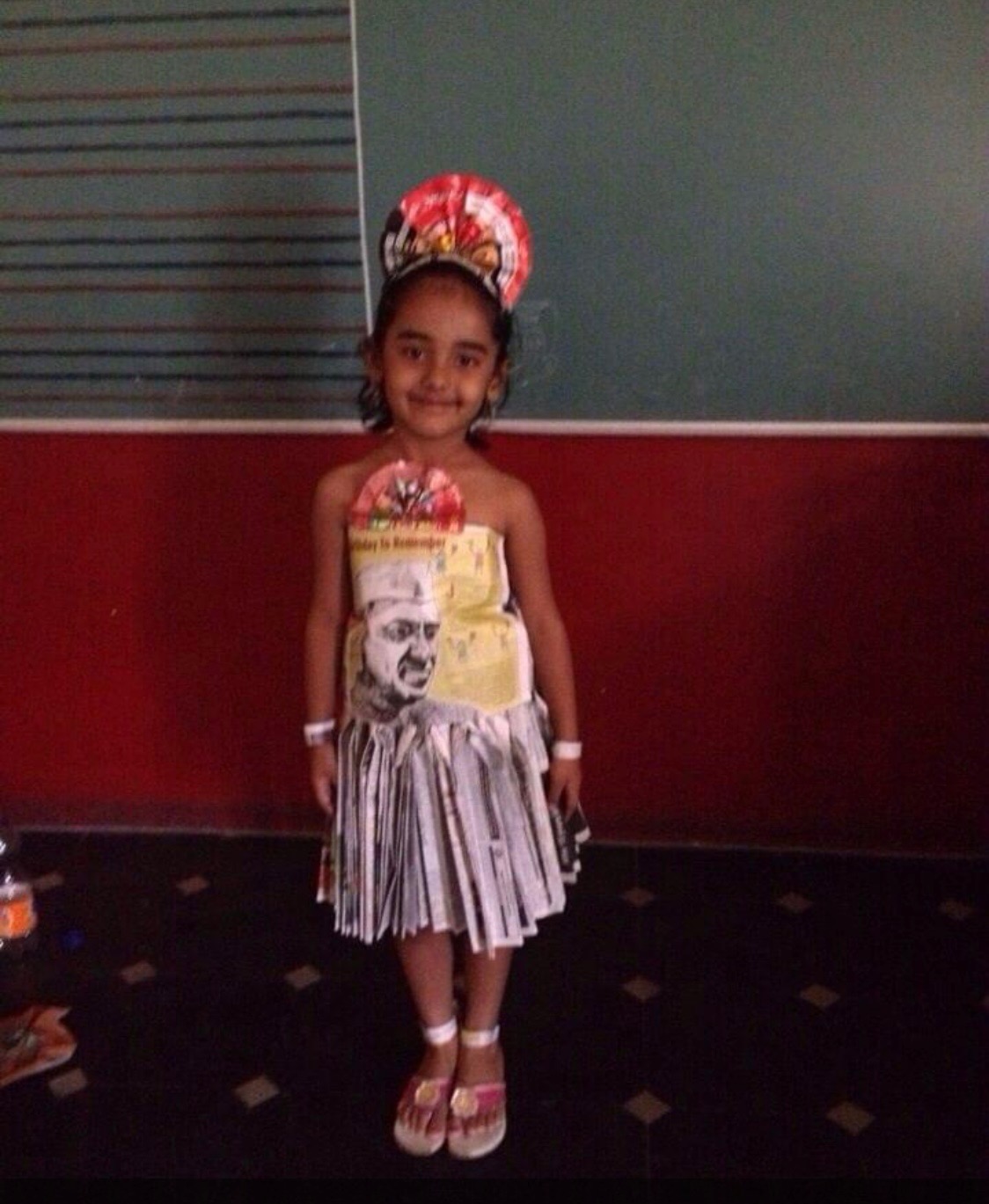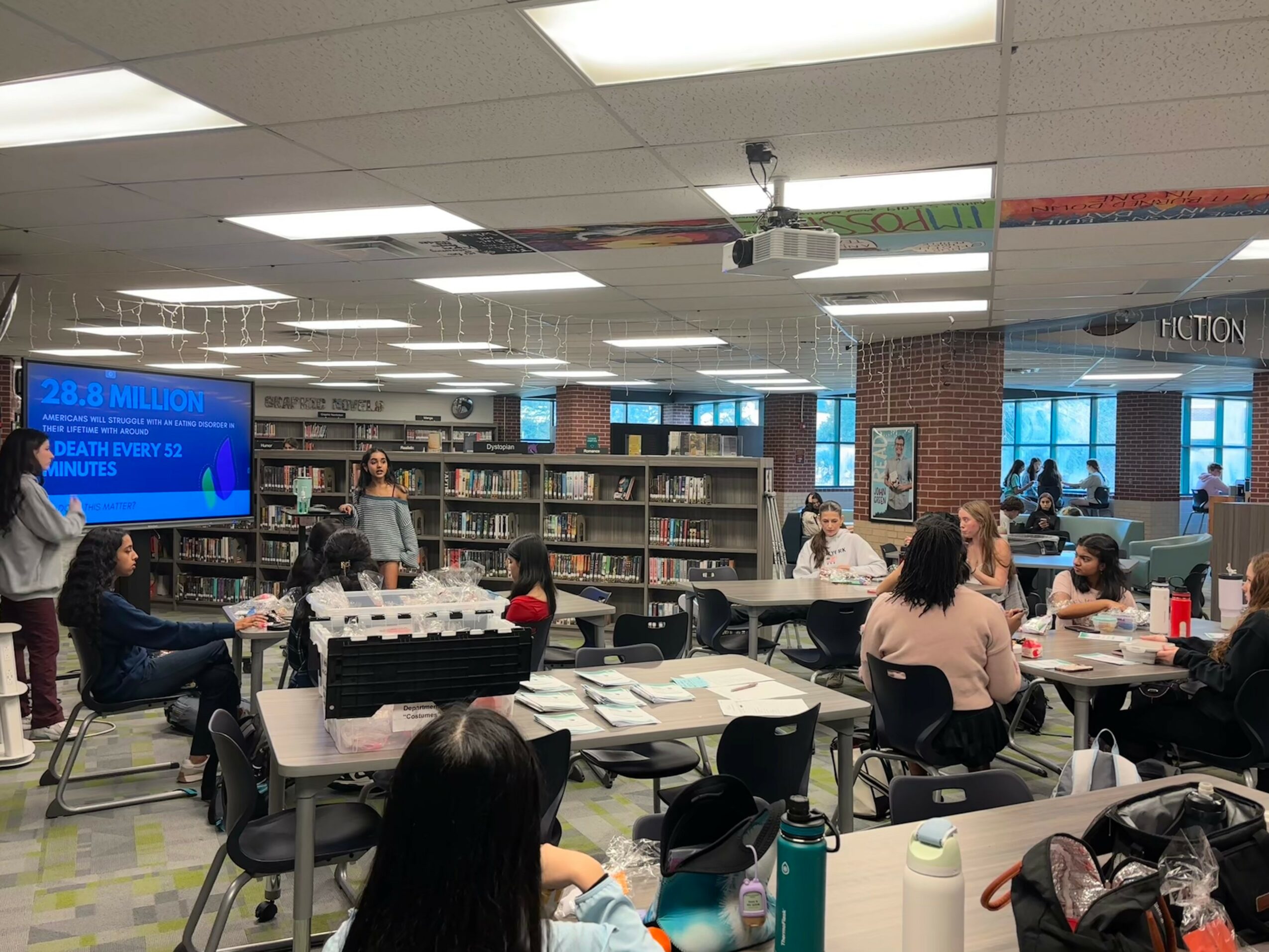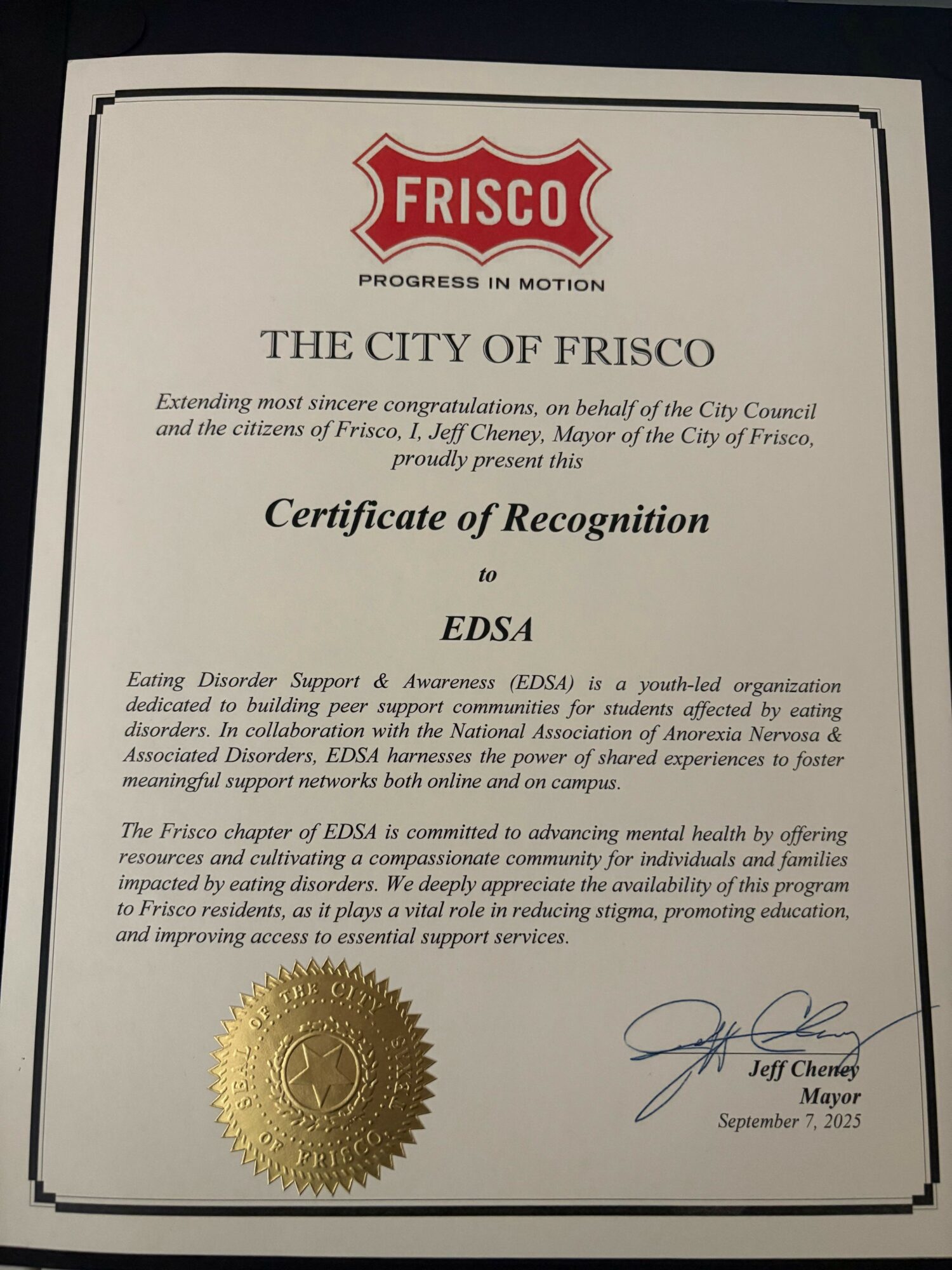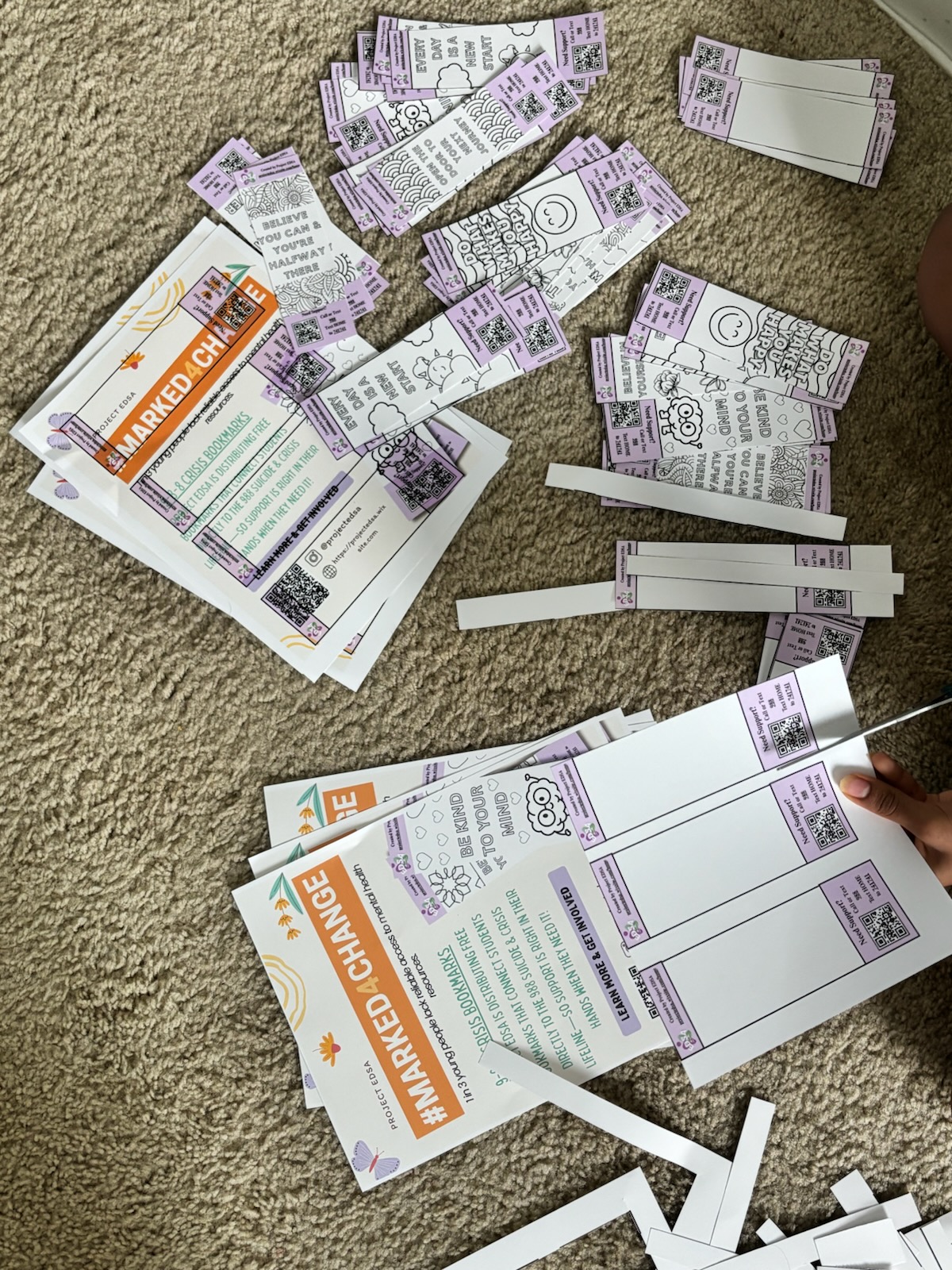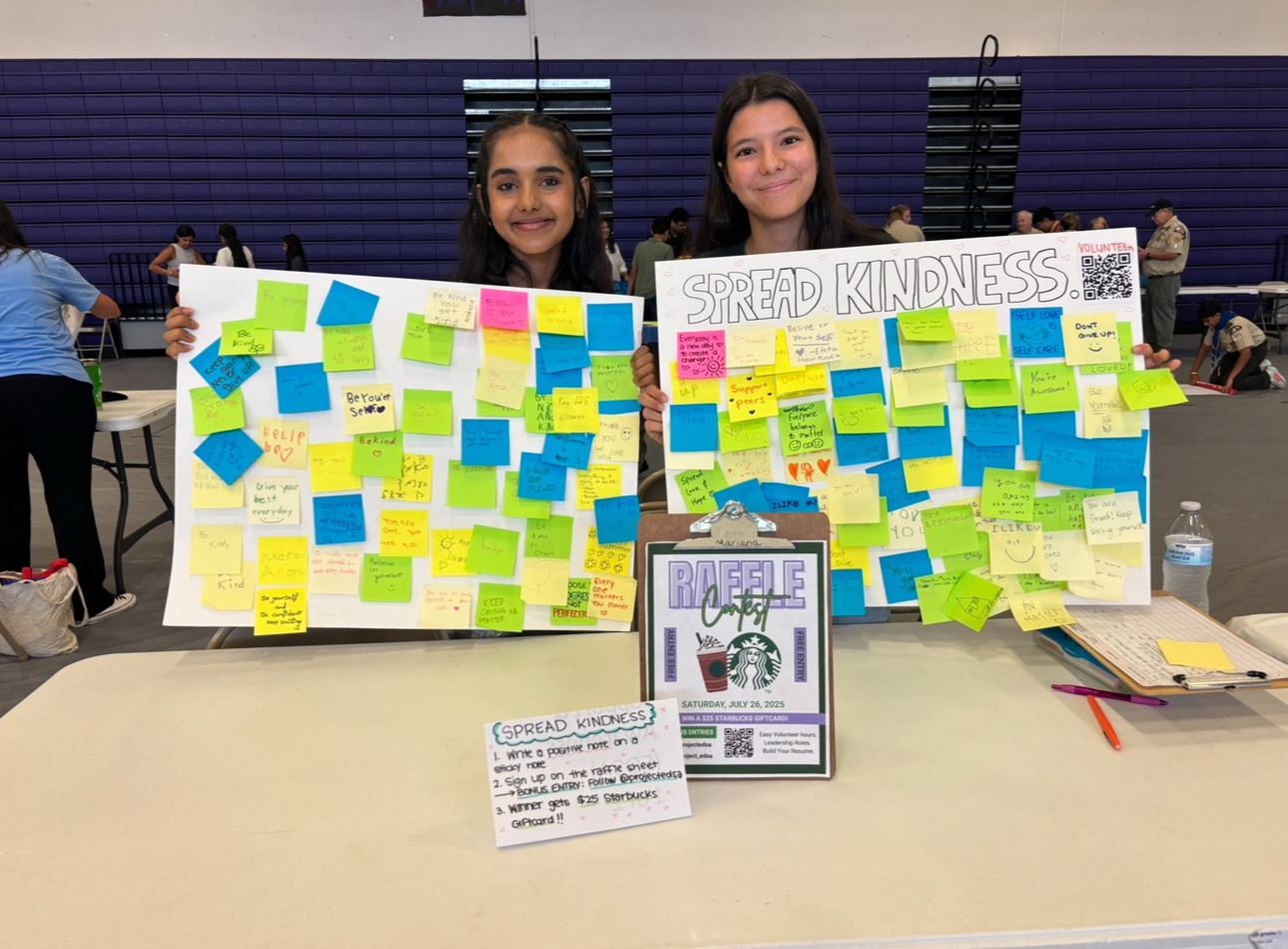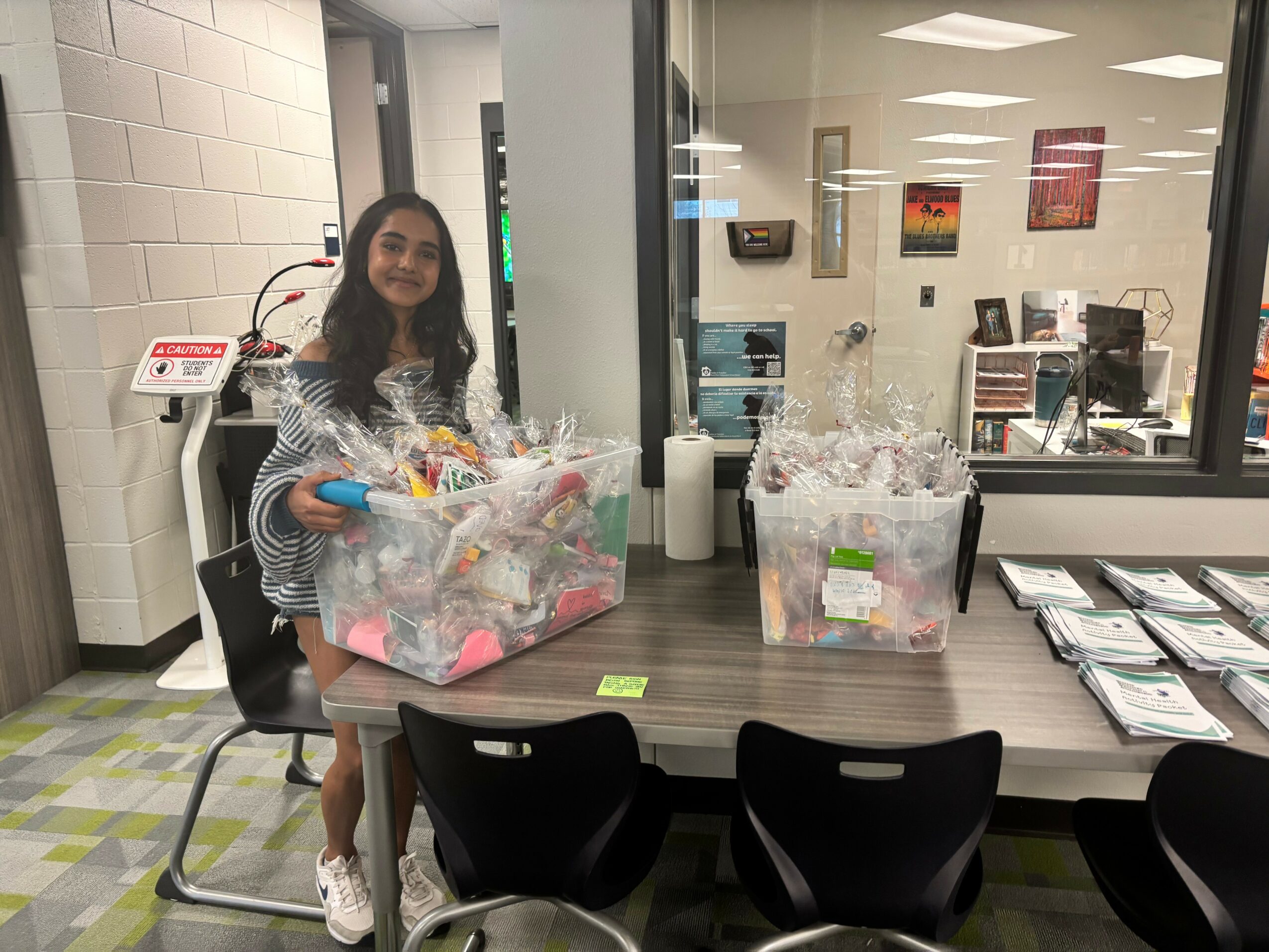

Today we’d like to introduce you to Diya Mankotia.
Hi Diya, we’re thrilled to have a chance to learn your story today. So, before we get into specifics, maybe you can briefly walk us through how you got to where you are today?
When I was in 8th grade, I started struggling with an eating disorder. At such a young age, I felt utterly lost and confused: on one hand, I knew I was struggling with something, but on the other, the thought of putting a label on it felt terrifying—even more so reaching out for help and letting others know I was struggling.
However, by the time I got to high school, I realized this wasn’t just something I was struggling with =—many students were struggling alone. Eating disorders affect about 9 percent of the U.S. population, and by staying silent, I was just giving into that number.
So I started the first Eating Disorder Support & Awareness Club at my school under ANAD’s Student Ambassador Program, a nationwide initiative I co-developed with the oldest nonprofit in the U.S. devoted to eating disorder awareness. My goal was to change the culture of our school to recognize and be equipped to support students with eating disorders, so they didn’t feel lost or alone.
In just a year, our club was able to hold workshops, host peer support sessions, distribute mental health toolkits, and open up conversations others hadn’t felt safe enough to start. Realizing this was needed beyond one school, I rebranded and expanded: that club became Project EDSA (Everyone Deserves Space & Acceptance) — a student-led mental health movement equipping peers with toolkits, trainings, and frameworks. Today, Project EDSA supports 76 chapters across 12 countries, has over 350 volunteers dedicated to building educational resources and toolkits, and has reached over 800,000 students via both in-school programming and digital presence.
We all face challenges, but looking back would you describe it as a relatively smooth road?
As you can imagine, starting an organization focused on eating disorders, which is one of the most stigmatized mental health illnesses, hasn’t been easy. I faced a lot of difficulty figuring out how to address this topic in a way that stays sensitive to its seriousness yet still feels engaging enough that teens and schools want to interact with it instead of dismissing it.
That meant digging deeper to understand what connects most with our youth audience and tailoring all our resources around that. For example, some of our chapters have hosted art-based peer support groups or Kahoot Nights, where we educate students about eating disorders in a fun, approachable way. Others have organized poster-making contests to raise awareness while turning advocacy into something creative and community-driven.
Another challenge has been managing my time. As a senior in high school, leading an entire organization, especially one rooted in lived experience, can be difficult to balance. There are moments when it’s hard to know how much to share or where to draw boundaries. But this work doesn’t feel like work to me. It’s something I’m deeply compelled to do because I truly want to understand what causes eating disorders and how schools can be better prepared to prevent and respond to them.
As you know, we’re big fans of you and your work. For our readers who might not be as familiar what can you tell them about what you do?
Project EDSA is a youth-led movement that builds school-based systems for eating disorder prevention and support. Our mission is to make sure both students and schools have access to awareness, support, and community.
Our work follows a three-tier model that connects awareness to action.
The first tier is mobilizing students. Through mentorship and support, we empower students to start their own EDSA chapters in their schools and communities. We also encourage them to volunteer with us by joining one of our four teams to help advance our mission and reach more people. Through workshops, peer-led support groups, and awareness events, Project EDSA engages youth and mobilizes them to become leaders in their own communities.
The second tier addresses schools. One of the main issues we aim to solve is the lack of eating disorder support in schools. To address this, we partnered with the National Association of Anorexia Nervosa and Associated Disorders (ANAD), the nation’s oldest nonprofit dedicated to providing free peer support. Together, we provide schools with campaign guides, prevention programs, and free peer support networks to refer students to if they notice someone struggling. We are also working to bring the Body Project, an evidence-based prevention program, into our chapters to ensure that schools are equipped to handle eating disorder cases early and effectively.
Lastly, we mobilize technology. Not everyone has access to in-person support or feels comfortable seeking it, so through digital toolkits, storytelling platforms, online resources, and our partnership with Kahani, a digital recovery companion app, we extend awareness and support through digital means for students who might not otherwise have access.
Our resources have been used across 76 chapters in 12 countries and 21 U.S. states, with over 350 volunteers contributing to workshops, awareness campaigns, and digital outreach. One of our most impactful projects has been our 988 Bookmark Campaign, which distributes bilingual bookmarks featuring the Suicide Prevention Lifeline. Through partnerships with NAMI Texas and Integral Care, we’ve printed and distributed over 8,500 bookmarks to schools and libraries.
What sets EDSA apart is that it is entirely youth-driven—for students, by students. Every idea, post, and program comes from students who know what it feels like to be unheard and want to use that lived experience to make sure others don’t have to feel that way.
Our work has been recognized by Channel Kindness, Texas Standard, Business Outstanders, ATPE News, Bold Journey, and Canvas Rebel, which shows that eating disorders aren’t unspoken because they’re rare — they’re unspoken because there hasn’t been a space to talk about them. With EDSA, we create that space. We ensure that students and communities are confidently educated about eating disorders so they can speak up, support one another, and build spaces where others can do the same.
Instead of only raising awareness, we take action. We build systems centered around prevention, support, and digital literacy because talking about a problem isn’t enough. We have to put in the work to fix it.
We’d love to hear about any fond memories you have from when you were growing up?
One of my most distinct childhood memories is from back in India, where I was born. I was in preschool, and we had a “fancy dress” competition where everyone had to come up with the most creative outfit design. The first-place winner wore a hat filled with fruit cups, which, to be fair, was pretty inventive. But I took it a step further. I made an entire outfit out of newspaper: from my headband all the way down to my sandals.
Not the underwear, though. I was still wearing underwear.
I remember being so mad that I didn’t win first place, but looking back, it’s hilarious that I spent an entire day dressed completely in paper. It’s one of those memories that encapsulates my personality to this day: creative and fully committed to whatever idea I come up with.
Contact Info:
- Website: https://projectedsa.wixsite.com/home
- Instagram: https://www.instagram.com/projectedsa/
- LinkedIn: https://www.linkedin.com/in/diya-mankotia-ba28551a4/
- Other: mailto:diya.mankotia11@gmail.com
